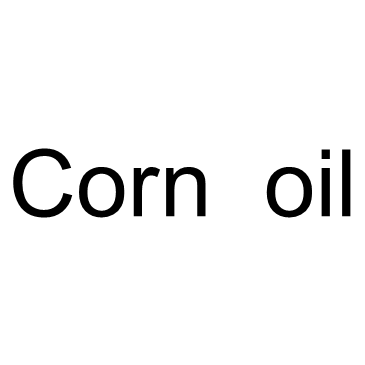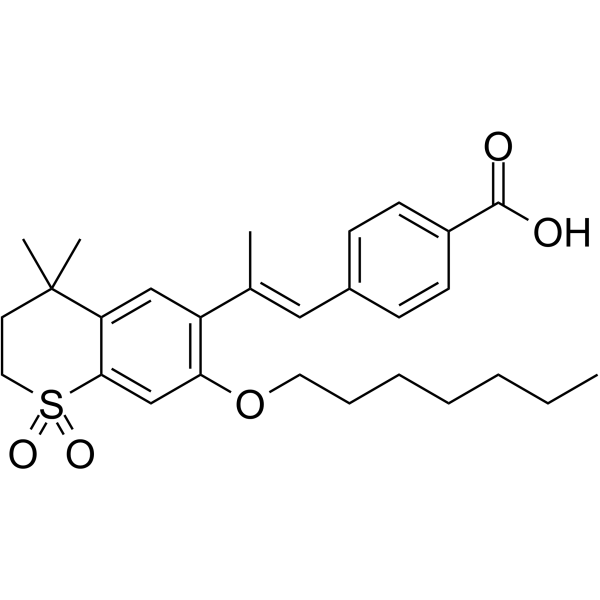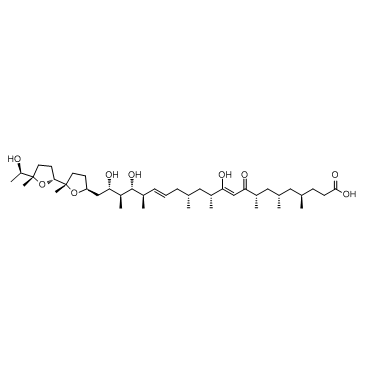| Structure | Name/CAS No. | Articles |
|---|---|---|
 |
Corn oil
CAS:8001-30-7 |
|
 |
Ro 41-5253
CAS:144092-31-9 |
|
 |
Ionomycin
CAS:56092-81-0 |